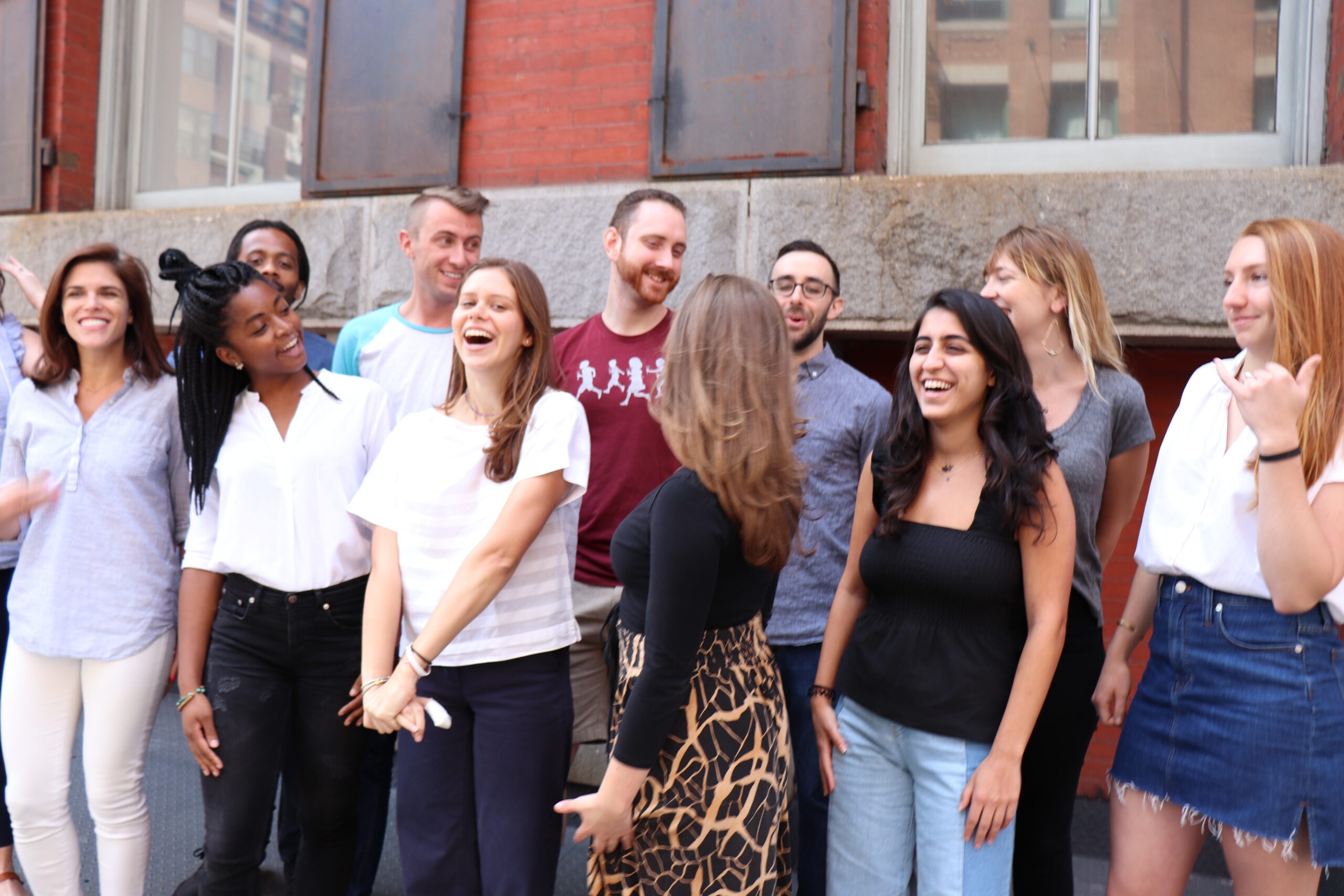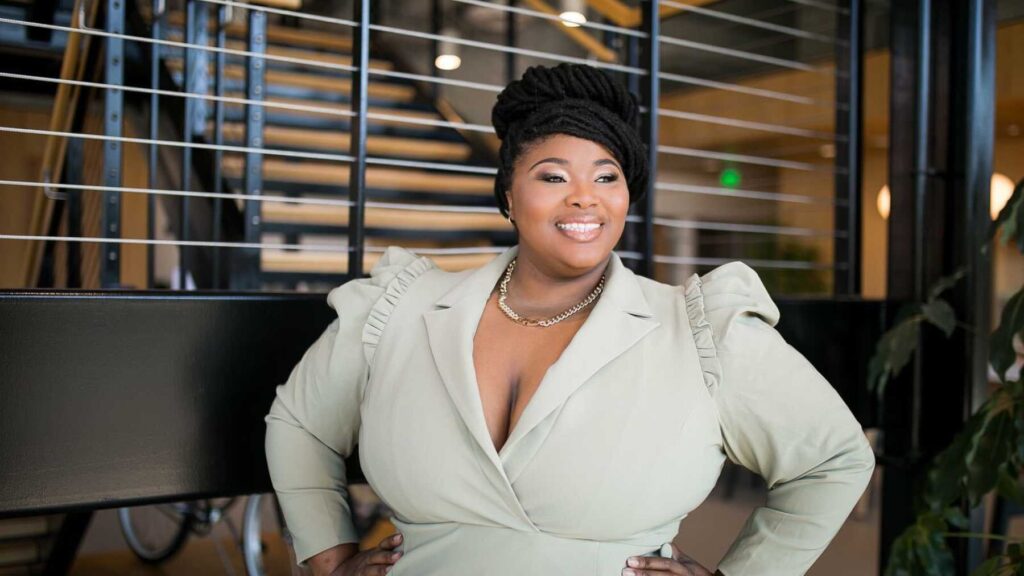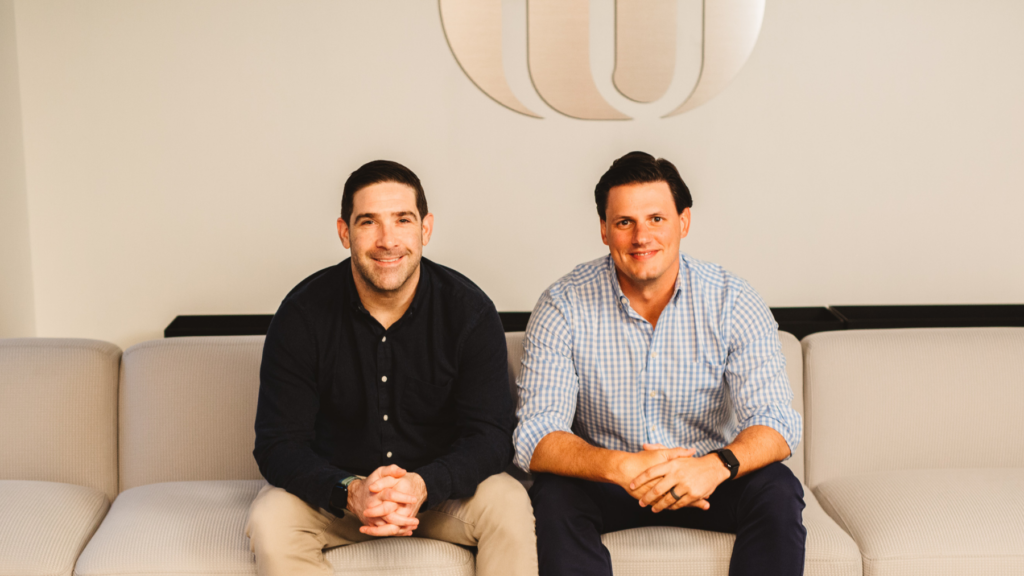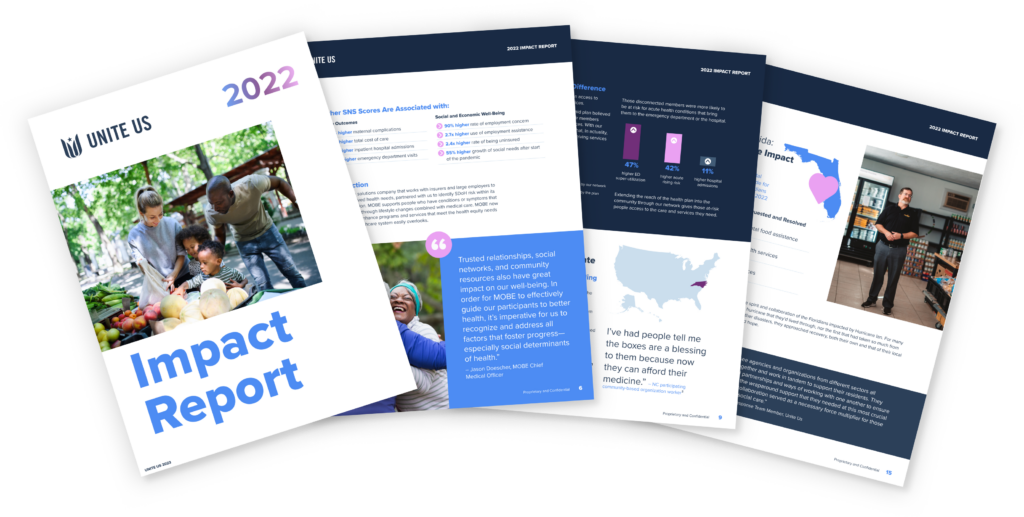
My Commitment to Making a Positive Impact
Alyssa Kirschenbaum
Like many 22-year-olds, I approached my undergraduate graduation in May 2017 with little idea as to what I wanted my career to look like and who I wanted to be. As a Social Work major at Skidmore College, I was required to intern full-time during the spring semester of my senior year so I worked for Director of Public Affairs at Planned Parenthood Mohawk Hudson. Working for a major health care organization which was relied on by millions of people was both humbling and empowering. Further, it provided me some insight; I liked learning about health and I was interested in advocating for equitable health care. In further search to find some career direction, someone in the Social Work Department once asked me, “At the end of your career, what do you want to be remembered for?” My response was simple: “I want just one person to say I made a positive impact in their life.” I kept this conversation at the forefront of my mind as I continued my educational journey.
Soon after my graduation from Skidmore, I packed my things in Saratoga Springs and headed to Philadelphia, where I started school at University of Pennsylvania’s School of Social Policy and Practice earning my master’s in social work. Once again, I took on an internship while earning my degree. This time, I worked for a community outreach organization called the Homeless Health Initiative at the Children’s Hospital of Philadelphia. I saw firsthand how the social determinants of health gravely impact the health and well-being of women and children living in homeless shelters. With another valuable and eye-opening experience in the book, I approached yet another graduation with little idea as to how I could actually bring these skills and knowledge into a job.
Social work is a rapidly growing field which is molding the ways individuals seek help and resources. I knew early on in my studies that I did not want to provide direct practice or follow the clinical social work track, unlike a majority of my peers. I enjoyed helping people, but on a large scale via lobbying for equal health care access or creating programs to better a community’s health. Despite knowing what I did not want, navigating my own social work path presented itself with a variety of challenges. Instead of advocating for other people, I needed to advocate for myself and forge a non-traditional career insocial work.
A common theme throughout my internships and education was the lack of technology incorporated in aiding population health and creating sustainable solutions for vulnerable communities. After a substantial amount of research, I found the inadequate use of technology was not a coincidence in my previous experiences, but rather a theme – communities were not succeeding due to a lack of communication between providers. Fortunately, the hours of time I spent on the internet paid off because I also found Unite Us.
Unite Us’ goal is to measurably improve outcomes for individuals and communities by identifying and addressing the social determinants of health. Similarly, one of the six values according to the National Association of Social Workers (NASW) is “Service… to help people in need and to address social problems.” So, although a recent social work graduate employed by a tech start-up seems unorthodox, it is really quite seamless. Unite Us is giving me the opportunity to support social services and health providers offering quality care to their communities. With my social work value of service as one of my driving forces, I can make a positive impact on someone’s life. Unite Us has given me the platform to achieve my goal on a grander scale.
About Unite Us
Unite Us is the nation’s leading software company bringing sectors together to improve the health and well-being of communities. We drive the collaboration to predict, deliver, and pay for services that impact whole-person health. Through Unite Us’ national network and software, community-based organizations, government agencies, and healthcare organizations are all connected to better collaborate to meet the needs of the individuals in their communities.



